Hojatoleslam Mohammad Amiri Tayebi, Vice President of the Office of the Supreme Leader's Representative at Kharazmi University, described sport as a prominent narrator of power elements and a key factor in strengthening social capital and societal resilie
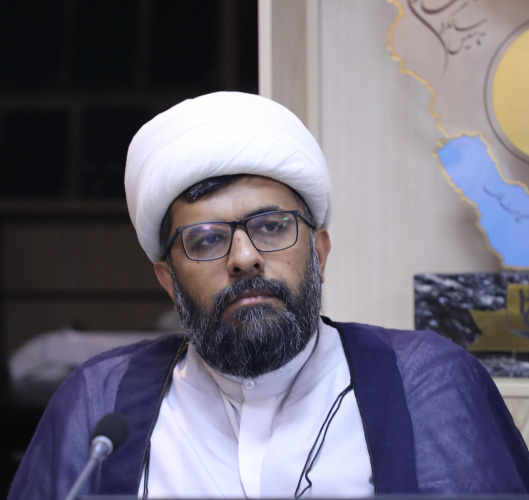
At a knowledge-enhancement session titled "Activism of the University Sports Community Regarding the Imposed War" at the Research Institute of Physical Education and Sports Sciences, he emphasized sport's role in deep social penetration and the importance of educating and explaining these elements to foster societal belief in power.
He noted that many social factors, such as welfare and security, depend more on public perception than on the actual presence of infrastructure or programs. He pointed out that even countries with significant power lose public trust if this power is not perceived by the people.
Regarding the incident at Ain al-Asad, he mentioned that future researchers and strategists from over 60 universities worldwide analyzed Iran's power elements after the event, highlighting a gap in such discourse domestically, partly due to pervasive negative media.
Using examples from southern Kerman, he explained that despite tangible infrastructure progress, public perception based on flawed benchmarks often impedes a true sense of welfare, underscoring the importance of effective power narratives.
He asserted that sport, because of its deep social penetration and capital, acts as a powerful narrator of power elements. Sports competitions embody resistance and victory similar to war fronts, strengthening public belief.
Analyzing the recent 12-day war, he identified power components like defensive capacities, ethical conduct in war, long-term readiness, and jihadist management at critical points. The lack of public understanding about their role and these power elements highlights the need for storytelling and education.
He also criticized the false dichotomy between resistance and development that reduces the perceived validity of power elements. Sport can enhance social and psychological resilience through education and behavior shaping, a capacity so far underutilized.
Finally, he emphasized sport's role in manifesting society’s resistance, hardships, and endurance in practical terms visible in war and politics, making it vital for narrating these elements to build societal belief in power

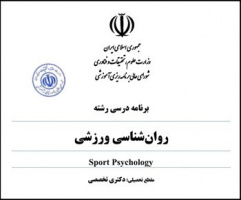
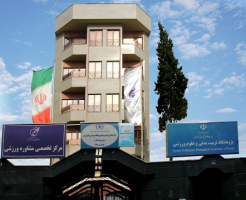
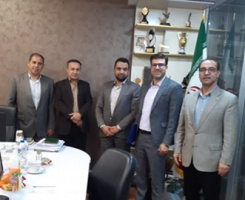
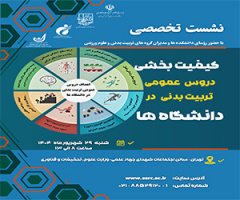
Your Comment :